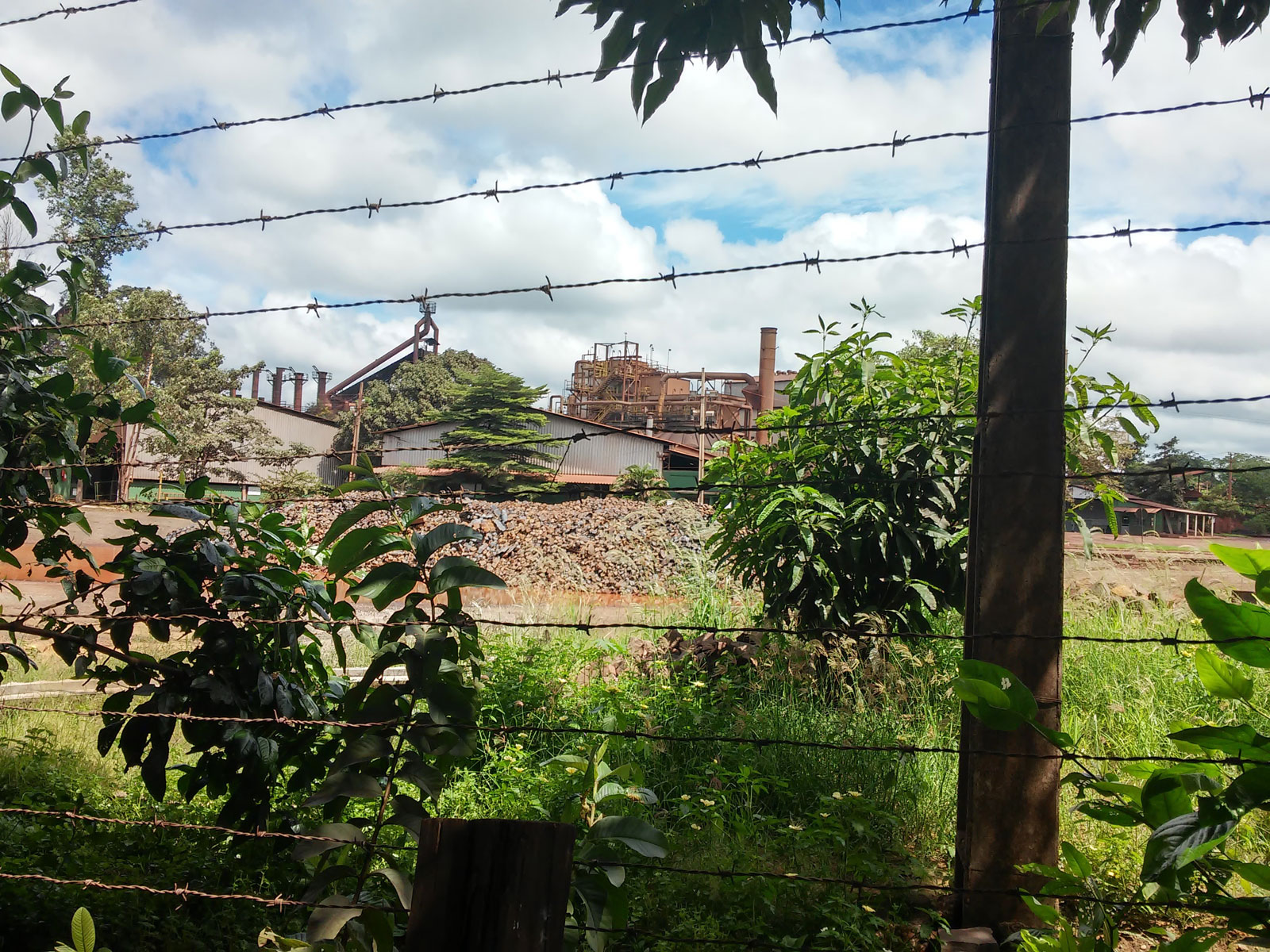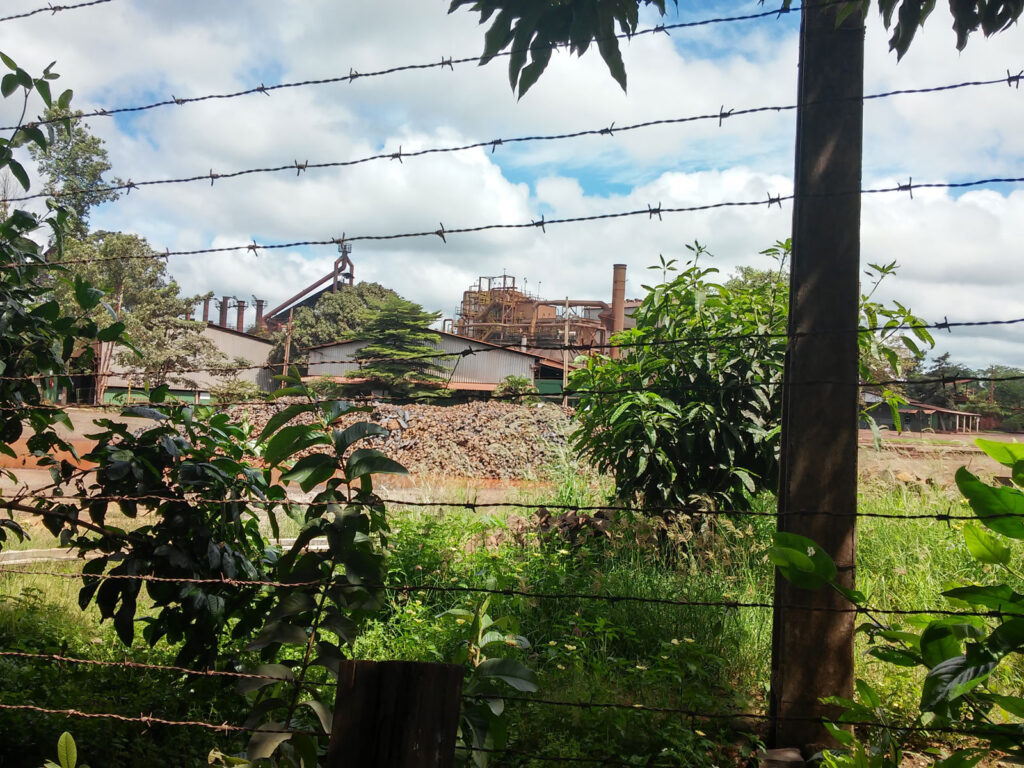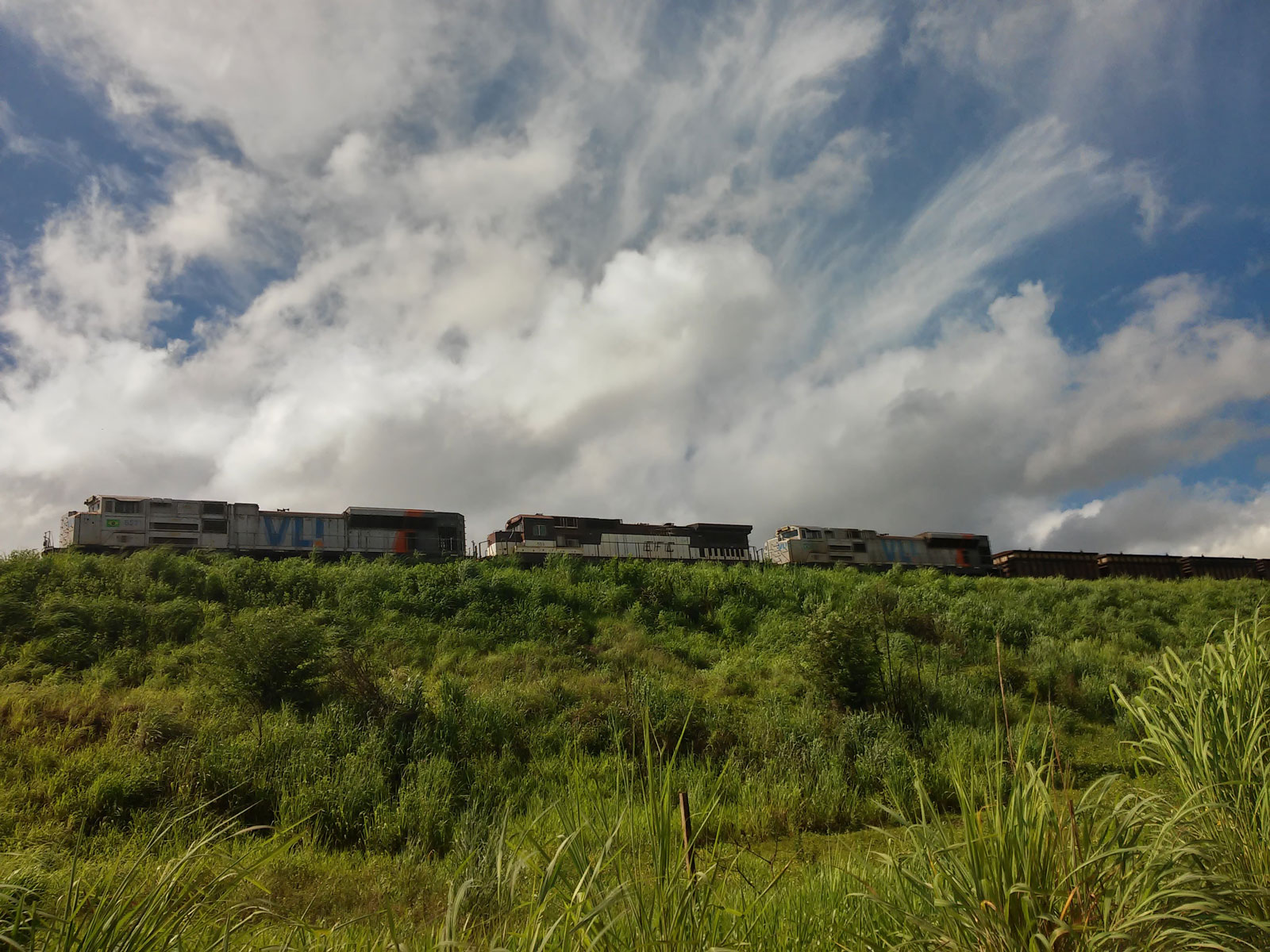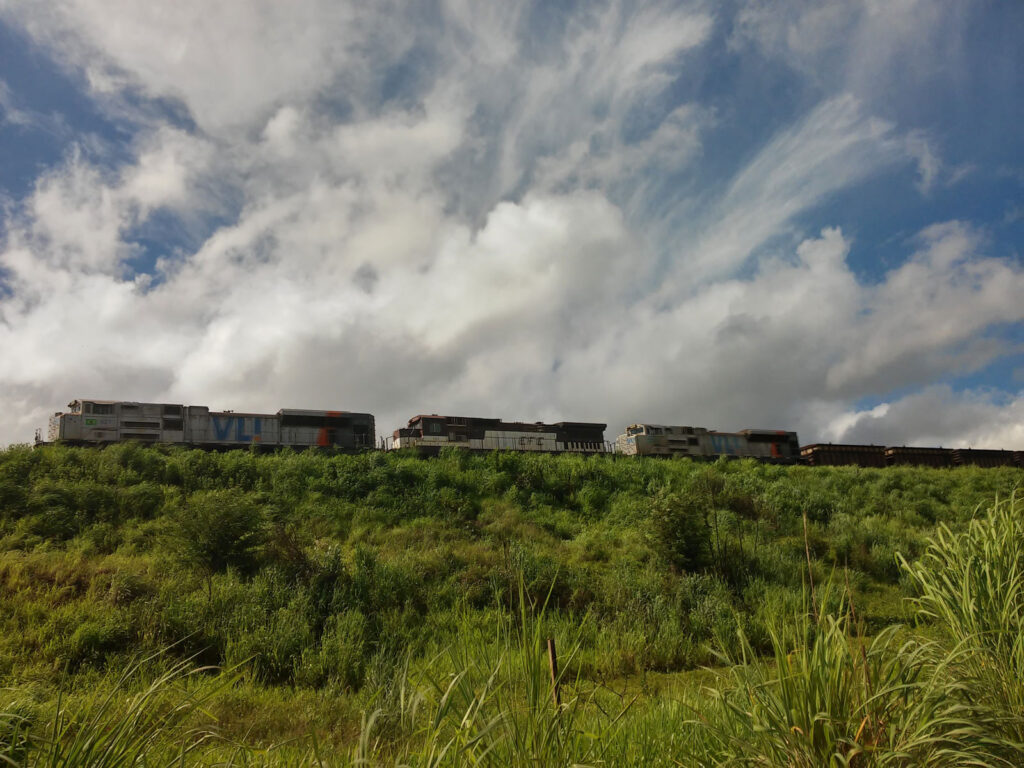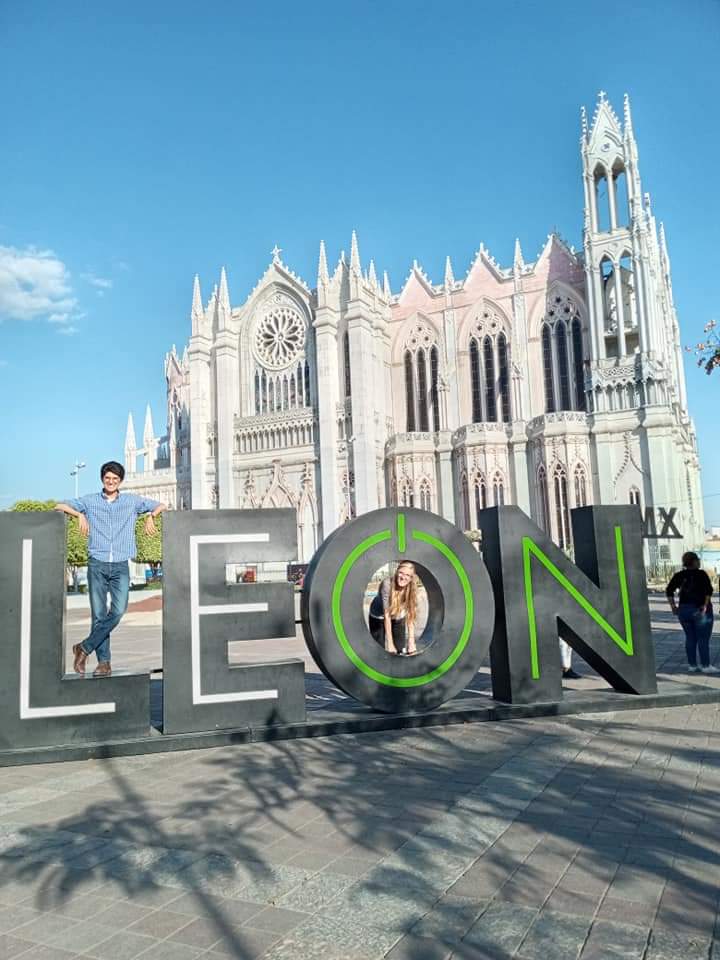
On November 29th, we had the opportunity to be part of the formative sessions of the young people who will participate in the missionary work of the Archdiocese of León during the month of December (Misiones PROJUV, León, Guanajuato). We were invited to share a lecture in which we talked about the main qualities that we should have as missionaries. In it, we shared some ideas and examples on how the virtues like humbleness, coherence, purity and generosity can help us to surrender ourselves fully to the service of God and of our brothers and sisters.
For us it was a very special experience, because it was the first activity that we have had representing the Comboni Lay Missionaries. We are in our period of formation, in which we prepare ourselves spiritually and intellectually to respond to the missionary call that God has placed in our hearts. Therefore, having the opportunity to share a little of what we have received filled us with joy and hope.
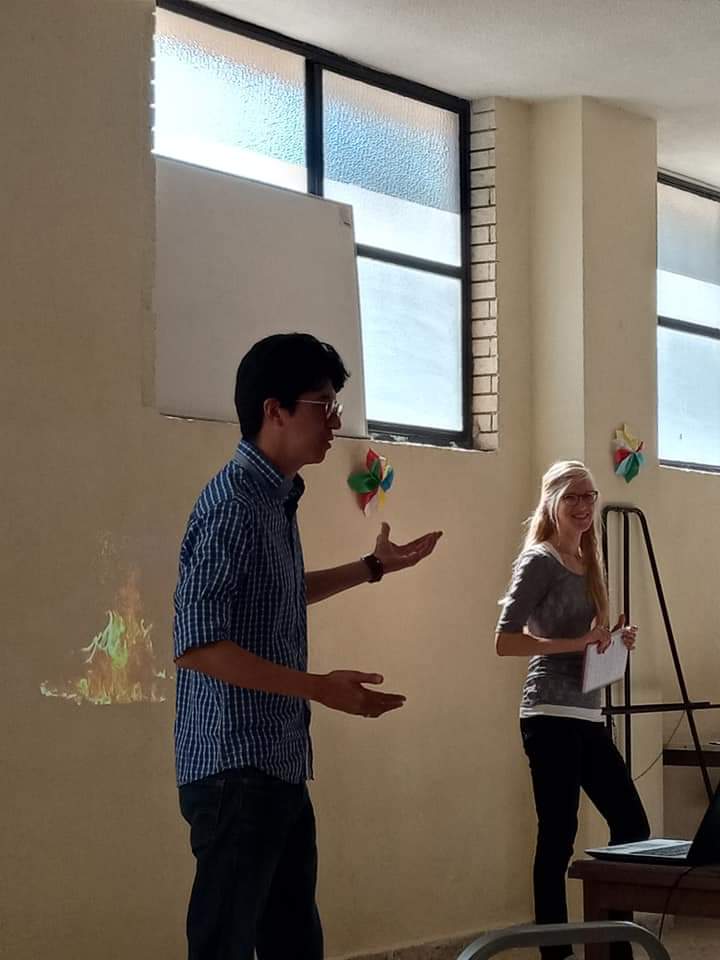
The interaction with teenagers and young adults was very enriching. In addition to the content of our conference, the dialogue with them made us realize that the mere fact of presenting ourselves as a couple of lay missionaries is already an example that can inspire them to fully commit to the vocation of sharing the Gospel. Many came to share their vocational concerns, and for us it was an honour to show them how it is possible to be committed lay people, working in the world with our eyes towards the Kingdom of Heaven.
This experience helped us to confirm that the Lord calls us at any moment of our existence and from any path of life. We, as a married couple, know that this calling acquires a deep meaning in knowing that our conjugal love can and should be lived as a witnessing to make God’s love known everywhere. Let us dare to answer to this calling!
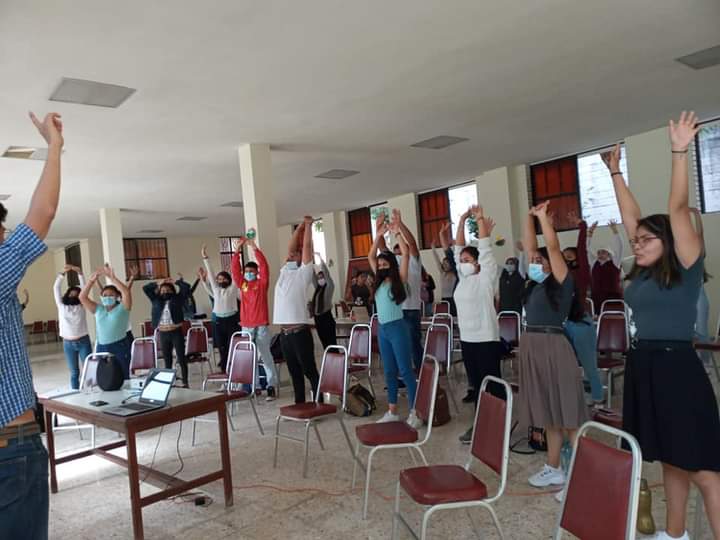
Kasia Ludwin & Adán Aguilar





